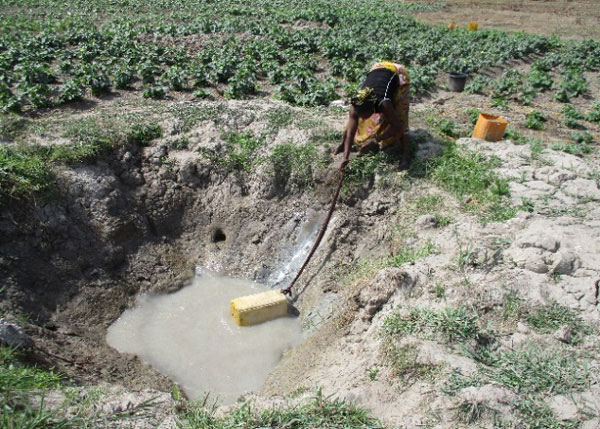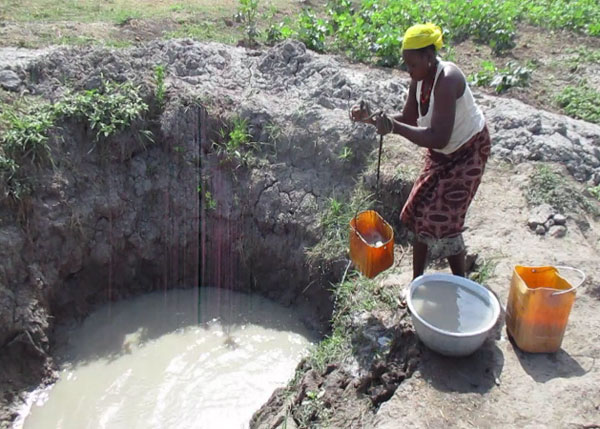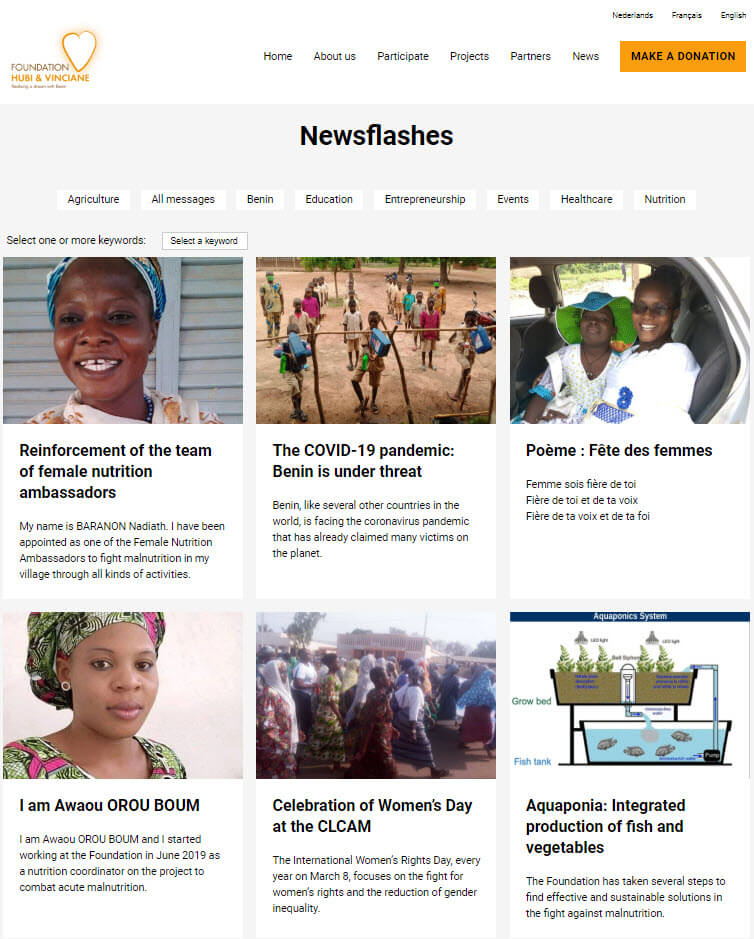Thanks to the Foundation, the okra grown in Gomez Kparou is in great demand!
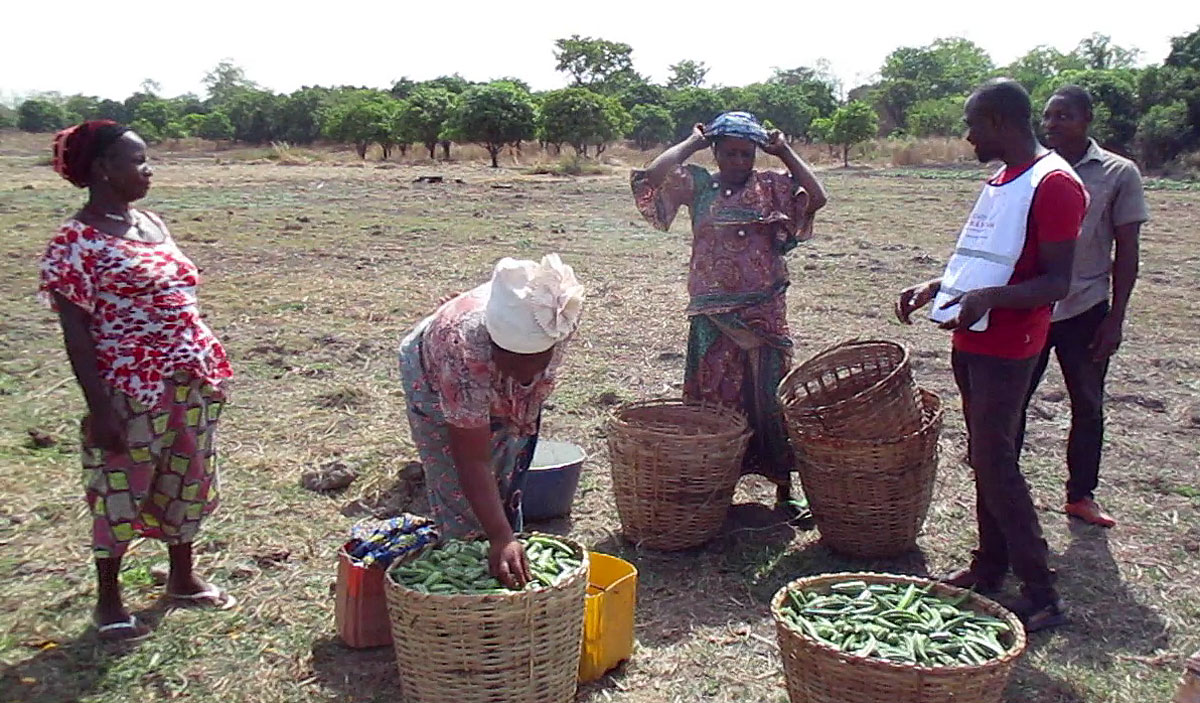
Gomez Kparou, a village in the district of N’Dali, is known for the quality of its horticultural products, especially its ‘gombo‘, better known in Europe as ‘okra‘.
Vendors from other districts and villages, and even from Parakou, come to buy okra. The fact that Gomez Kparou’s okra is so sought after is also thanks to the Hubi & Vinciane Foundation.
The inhabitants of Gomez Kparou, a village on the outskirts of N’Dali, work mainly in agriculture. During the dry season, they focus on growing horticultural crops such as tomatoes, peppers, and okra. The latter vegetable is harvested during off-season and attracts merchants from the surrounding markets.
Enthusiastic customers
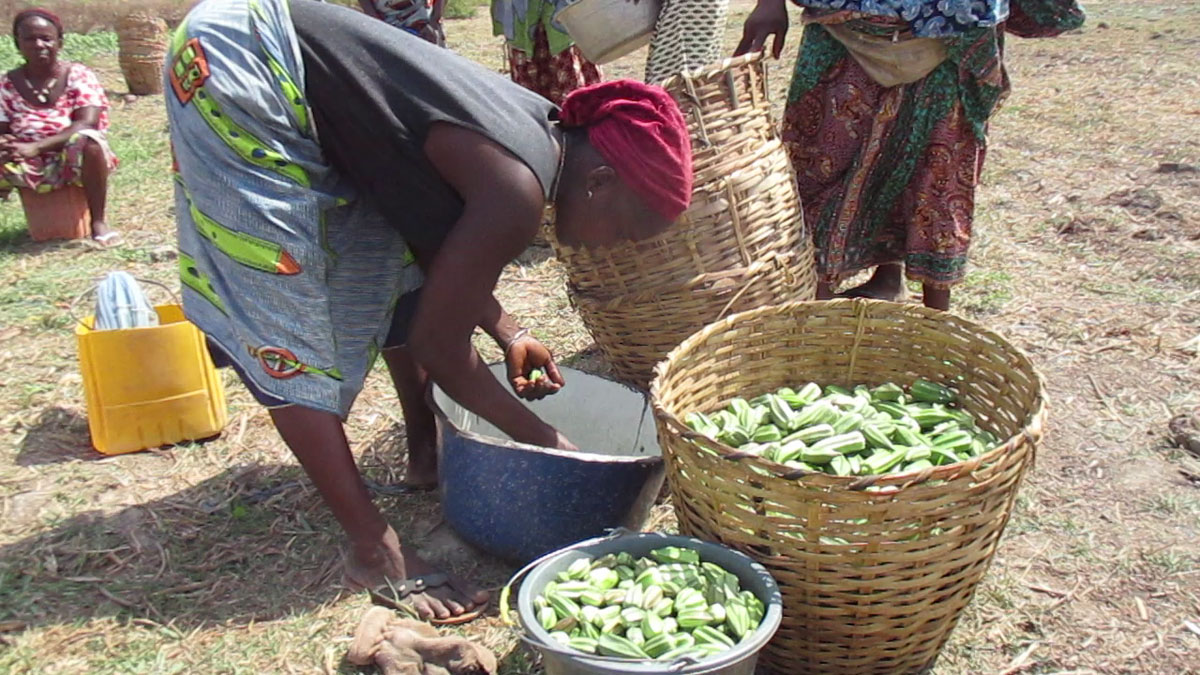
The vegetable merchants visit the fields in search of okra. Sikiratou Zakari, one of them, has already been served and smiles. “The okra produced here is really of good quality. That is why I come here from N’Dali centre”, she says.
Julie Adjakou, another vegetable merchant, supports her: “I come here from Parakou to buy okra to sell on the Gema market. My customers are always very satisfied with the okra that I buy here.”
If Gomez Kparou’s okra is so appreciated, it is largely due to the Hubi & Vinciane Foundation.
What has the Foundation done for the okra producers?
The Foundation’s staff, specialised in agro-ecology and agricultural entrepreneurship, have given the farmers of Gomez Kparou various training courses: planting, growing, processing and preserving vegetables such as chilli, tomato and okra.
Helène Dangui, a producer who has participated in the Foundation’s training on growing vegetables, explains: “We apply the knowledge we acquire and the advice we receive during the training in practice. The result is that many people come to buy from us because we can provide good quality products.”
She also points out some problems they still face: “The lack of water hampers the productivity of the crops. And the lack of an enclosure means we can’t protect the vegetables from the animals at night. It would be good if the Foundation could help us with that.”


